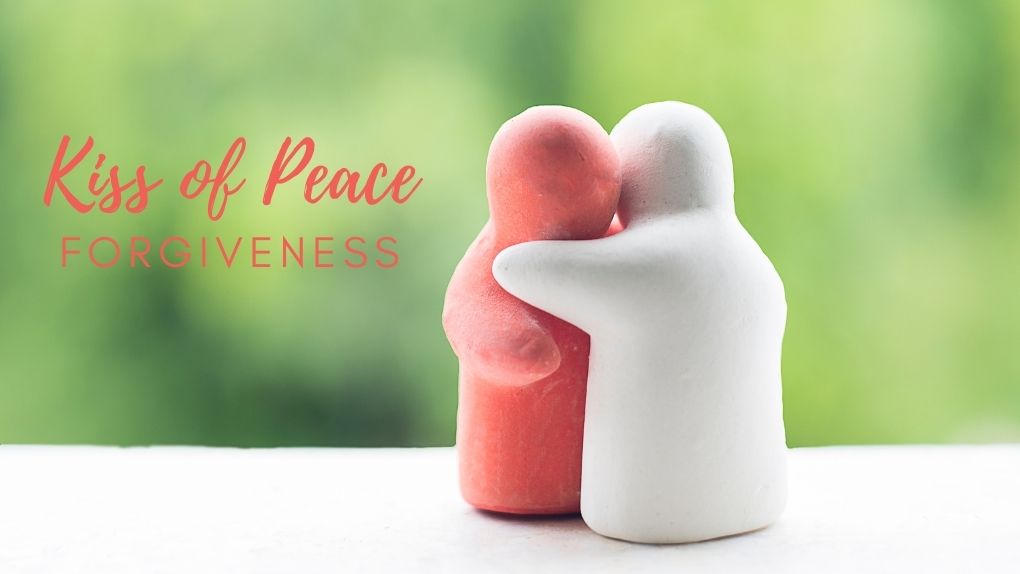Last week we talked about how the ritual of the Kiss of Peace reveals and teaches us that God often touches and transforms our lives in the most profound ways through the ordinary people around us. This week we continue our journey as we switch the focus a little and examine how this ancient ritual highlights and reminds us about forgiveness – a virtue so crucial to Christian life, our mental, emotional and even physical well-being, that it was integrated into the core and fabric of Badarak itself.
Modern medicine only starts to grasp the true impact of forgiveness on our health. Multiple studies demonstrated that a struggle with and lack of forgiveness is directly connected with depression, anxiety, stress, anger and post-traumatic stress disorder (See Forgiveness: Your Health Depends on It, The Johns Hopkins University). Amazingly, forgiveness is also a relatively new academic concept and a field of study in psychology as well. But through the heroic efforts of Dr. Robert Enright, who pioneered the study of forgiveness, we now have a better understanding of how forgiveness shapes and defines our mental health and emotional well-being.
Forgiveness is perhaps one of the most painful and hardest experiences in human life. It is a complex process requiring us to navigate through multiple stages and steps before we are mentally and emotionally ready to consider forgiveness. But even then, it does not simply happen instinctively and effortlessly. It requires enormous willpower and faith toward God and humanity. It is also never free and someone always has to pay the price. In this sense, forgiveness is much like a financial debt, that even when forgiven, requires someone to absorb the loss. Therefore, to forgive means voluntarily committing ourselves to bearing the cost, burden and pain in the name of love and reconciliation.
Forgiveness is also one of the most rewarding, empowering and profound experiences. It transforms and transfigures our lives almost instantly as we feel the weight of anger, resentment and sadness being lifted from our shoulders and our hearts are filled with peace.
Our forgiveness towards others is a direct indicator of the true faith and a precondition of divine forgiveness. If we want God to forgive, accept and embrace us, we have to forgive those around us. This very direct link and relationship between divine and human forgiveness is highlighted countless times in the Holy Bible. We see it in the Lord’s prayer when we pray “forgive us our trespasses, as we forgive them that trespass against us” (Matthew 6:14). We also hear the same message echoed in the Gospel where the faithful are told to leave their sacrifices on the altar and go reconcile with their brothers before returning and offering their gifts to God and asking for His forgiveness (Matthew 5:23–24).
This is exactly what takes place in our Badarak every Sunday. Before we can approach the Holy Eucharist, commune to the life-giving and restoring Body and Blood of our Lord, we are asked to embrace publicly and forgive each other through the ritual of the Kiss of Peace. In this touching and profound moment of the Divine Liturgy, the celebrant uncovers the chalice, pulls the Nshkhar out making it visible to the faithful as if encouraging and reminding us that we don’t forgive because they earned or deserved it, but because we believe that through this selfless act of love and sacrifice God is going to transform our and their lives in more ways than we can imagine and discern, forgive our surpasses and fill our lives with his peace.


